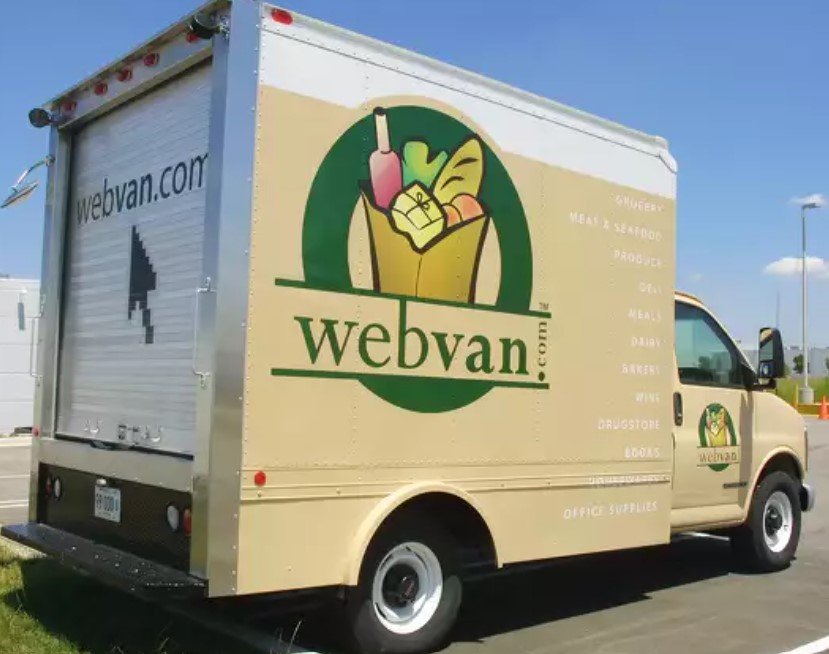State of Seed Investor Landscape 2020
The Angel Capital Association has released an excellent report on the 2020 angel investment landscape. It's a must-read for startups looking to learn more about the angel community. Here are some takeaways:
California-based companies generate the highest average seed round valuations ($10.7M), a whopping 78% higher than the lowest ranked regions (Southeast US and Canada, $6M).
While IT and Healthcare have consistently dominated overall investments over the years, healthcare interest is expanding, specifically in life science and biotech sectors. Fintech seems to be climbing also.
Medical/Health Tech, SaaS, and Biotech startups have generated the most exits for angel investors, and over 90% of exits are M&A related. Surprisingly, only about 36% of the exits involve "ceased operations" (this is long-term data based on 400 reported exits).
The investor pessimism expressed in April largely dissipated by September. 42% of investors expect to invest the same dollars as 2019, 24% expect to increase the amount, and 34% expect to decrease it. In April, fully 59% thought they would invest less this year.
These conclusions largely track my own experience as a mentor at German Accelerator and as an investor/member at Sand Hill Angels.
The California Premium
There is a ton of talk these days (and even in pre-Covid times) about startups moving away from Silicon Valley, but while this may save them money in the short-term, they may end up with a valuation discount for their next round. I notice a reversed effect on valuations with the German startups that I mentor. After an extended stay in our local ecosystem, they think and talk differently - and can significantly increase their valuations when they return home.
Life Science Leads With Deep IP
At Sand Hill Angels, we have been seeing a lot of interesting life science deals lately. Life science is a long-term investment game, but valuations are pretty favorable to the investor and the IP is deep - something you may not see with the typical enterprise software deal.
Exits
When I started making angel investments four years ago, the experienced members warned me, "failures will come quickly while you will wait forever to see the returns from the good exits". I am happy to say that so far I have not experienced any failures, though maybe one of my startups seems to be on the brink. The rest have successfully raised follow-on rounds at higher valuations - but so far no exit is on the horizon for any of them. Angel investment is a high risk activity not just because of the risk of failure, but also because of the risk of your ownership being diluted away as a startup continues to raise money in the absence of generating its own profits. I am afraid my learning experience here is still in progress....
Covid Pessimism
In April, I was optimistic about how the startup world has not seemed to skip a beat since the start of the Covid epidemic but I am now more in the neutral/negative category. At the German Accelerator we switched to a virtual program, initially seeing some benefits related to accessing a broader startup pool. But we have since experienced some frustrations with not being able to conduct an in-person program - particularly the drastic cut back on networking (and resulting business development) opportunities for the startups. At Sand Hill Angels, there was an initial burst of deals from all parts of the country (in the past we would favor in-person presentations which would of course steer us more to the West coast companies). Now, the quality and quantity of deal flow seems to be decreasing. And our local employers may also be changing their tune. Netflix CEO Reed Hastings has declared that employees will be returning to the office "twelve hours after a vaccine is approved."
I suppose the ultimate conclusion here is that we are all eager for the pandemic to end and for things to begin to return to normal, albeit a new normal. Will the new normal include engineers phoning in their work from a remote island? I doubt it. I think most prognostications are too simplistic, but the last eight months of forced remote work will surely influence the future. Come to think of it, that could make a good topic for my next blog page! Stay tuned...






























